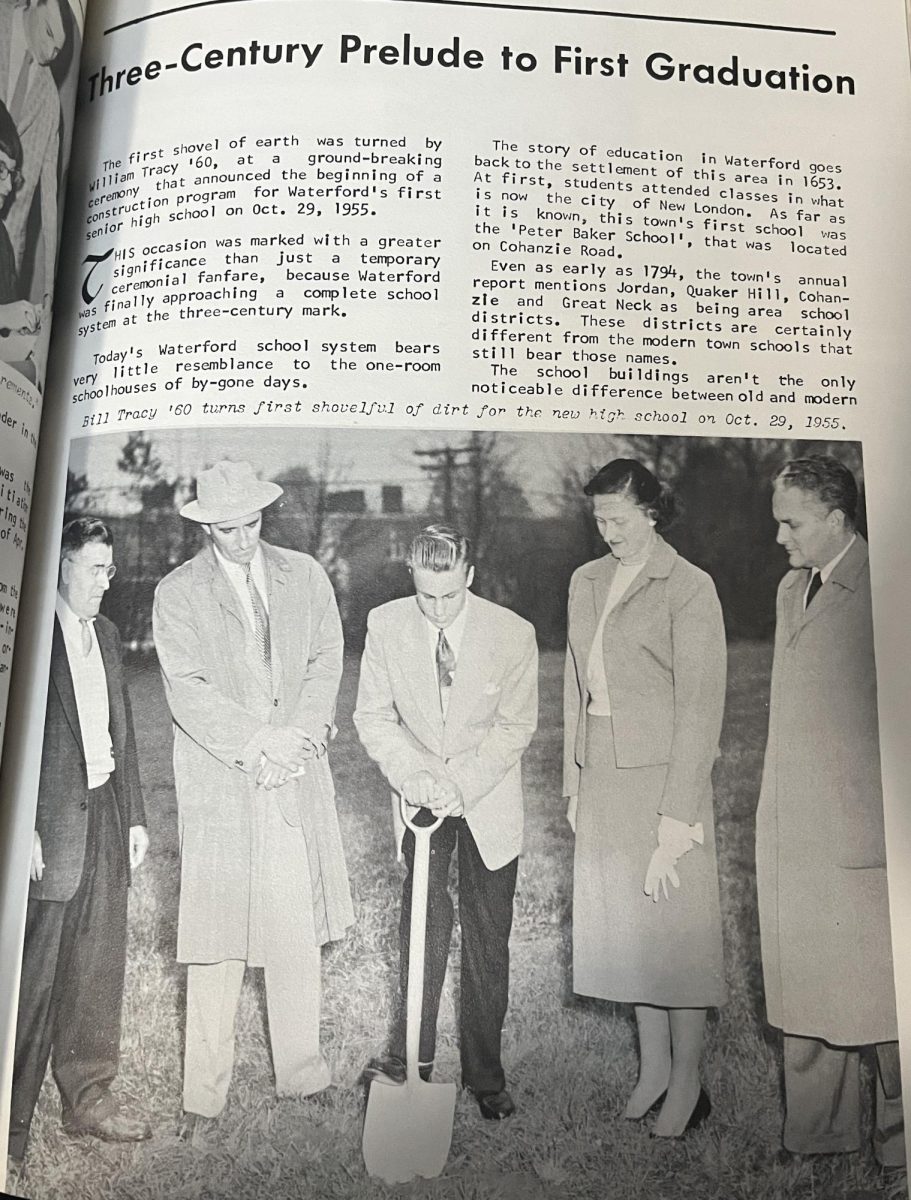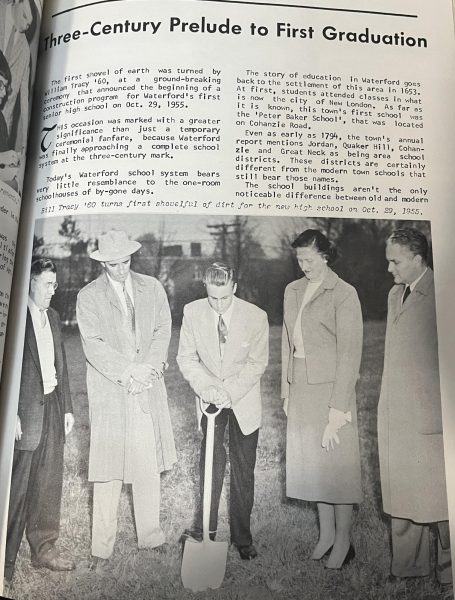A Valentine in Greek Mythology
March 23, 2023
Whether you dread, adore, or despise Valentine’s Day, you’ve heard of it. This February holiday known for spreading love has roots going back to Roman and Greek mythology. Many of the symbols and practices, such as the heart or the heart-shaped tip on Cupid’s arrow were first implemented from a herb just off the coastline near the Greek city Cyrene; A Silphium is a species of Giant Fennel that can be found on the North African coastline right by the Greek city of Cyrene. Naturally, this herb’s use for birth control gained its association with sex, and of course, love. To the Greeks, even a time before the philosopher Aristotle, love was long associated with the human heart. Universally today, the heart shape has an association with love despite its lacking in anatomical resemblance to that of an actual heart. They had believed that a heart had contained all emotional aspects that made up mankind.
The Romans (the producers of cupid) had initially referenced the Greek god Eros, changing only his name to what we know as Cupid; The name Cupid originated from the word “erotic”, which was often associated with sex, fertility, love, and of course, Eros. The Deep Influence of Greek Mythology On Valentine’s Day explains how Eros’s story begins with the human Psyche, Eros, and his mother, Aphrodite. Psyche had a beauty so unimaginable, men would praise her- denying the altar of Aphrodite. Engulfed in rage at the thought of men adoring a mortal woman over the goddess of sexual love and beauty herself, Aphrodite demanded her son, Eros, to cause Psyche to fall in love with the most hideous creature he could find. Agreeing to fulfill his mother’s bidding, he set off in search of the beautiful mortal only to fall in love upon seeing her. Refusing to curse her as his mother intended, Eros chose Psyche as his wife under the condition that she could never see who he was. Psyche agreed to these terms and married Eros blindly and lived in secrecy where Eros’s mother could not find her. He kindly allowed her family to visit her during the day since the two could meet only during the night. Psyche’s two sisters often came over, and being envious of her new life, convinced Psyche to gaze upon her mystery of a husband. Feeling betrayed by his own wife, Eros fled and planned to never return to her.
Regretting listening to her sisters, Psyche sought out Aphrodite to reunite with Eros. Aphrodite was still dissatisfied with her for drawing men away from her altar- and even more furious at Eros for defying her wishes. Rather than helping Psyche, she sent her off to complete four seemingly impossible tasks, the last one being a trap that ended up stranding her in Hades’ realm of death. Upon hearing of her entrapment, Eros pleaded for Zeus to resurrect Psyche from the dead. It’s further explained that “When Eros learned what had happened to her, he sought the help of Zeus to bring Psyche back from the dead. Unwilling to let anything else bad befall her, Eros brought Psyche back to Mount Olympus where she was bestowed immortality as his wife”. Over time, Aphrodite allowed the two original fated-lovers to live in peace. Making this instance one of the few times in Ancient Greek Mythology where lovers are granted a “happy ending”, hence Eros being an early representative and influence for our modern day Cupid.
In addition to these relations, an article titled The History of Valentine’s Day adds further input on the celebration of the 14th. It describes the Greek and Roman festival of Lupercalia, which promoted health and fertility to the city in hopes to ward off evil spirits. This festival occurred annually, taking place between the 13th and 15th of February. Throughout the years, St. Valentine became the Christian revamp of this holiday, and Catholic practices blanketed any Roman or Greek beliefs that still struggle to resurface in today’s time.
Regardless of Valentine’s origins, the date has an impact on most people today. Modern Valentine’s Day is about gifting flowers or cards to your loved ones, showing appreciation through nice dinners and a romantic night out, or even cursing out the day with single friends. Through adaptation time and time again, February 14th holds both a deep history, and an importance to many today.
















